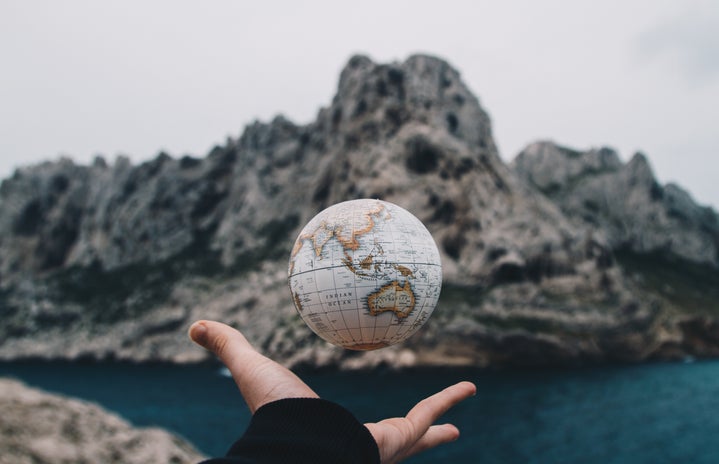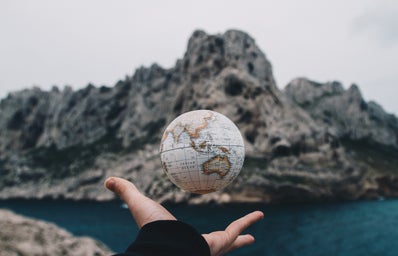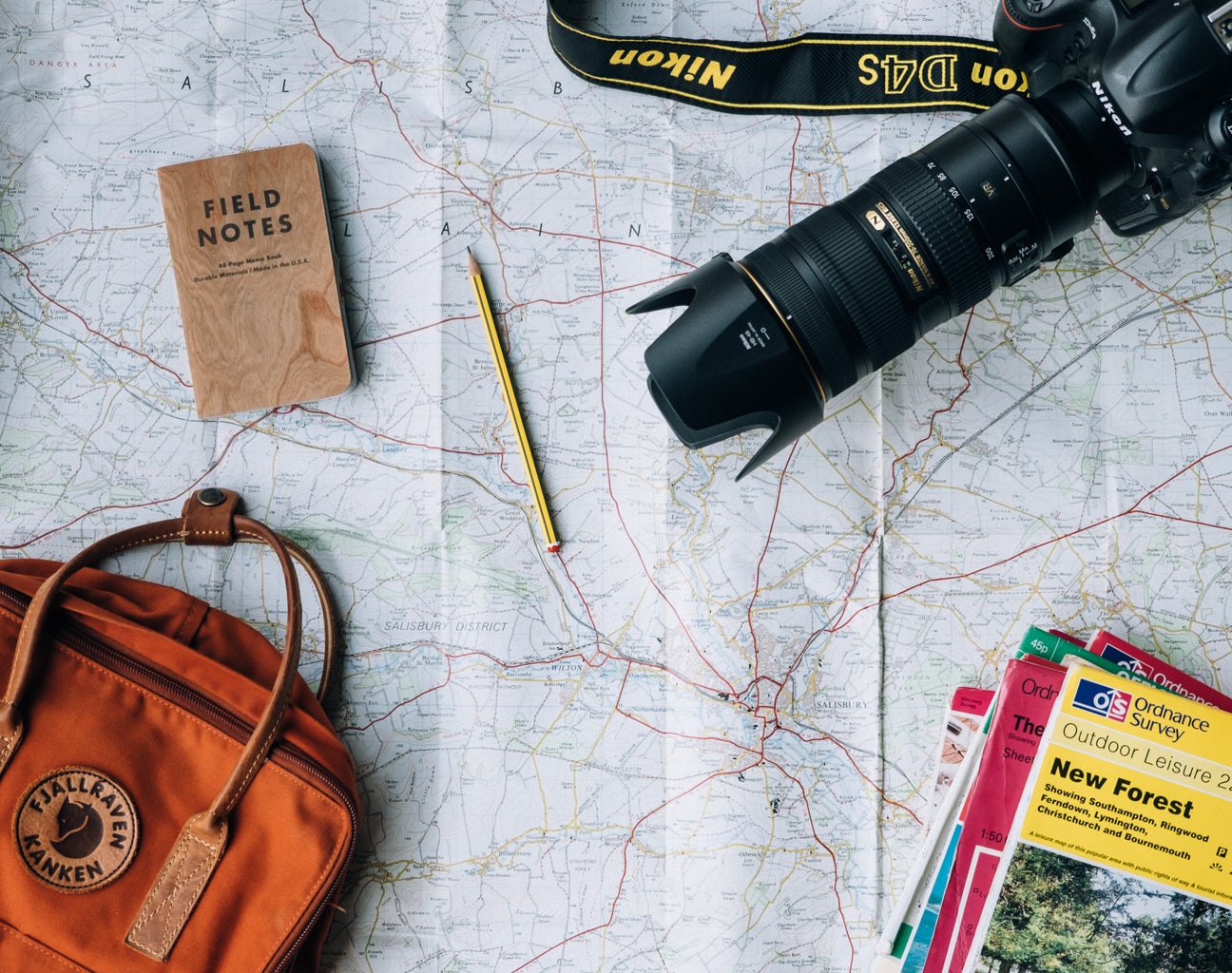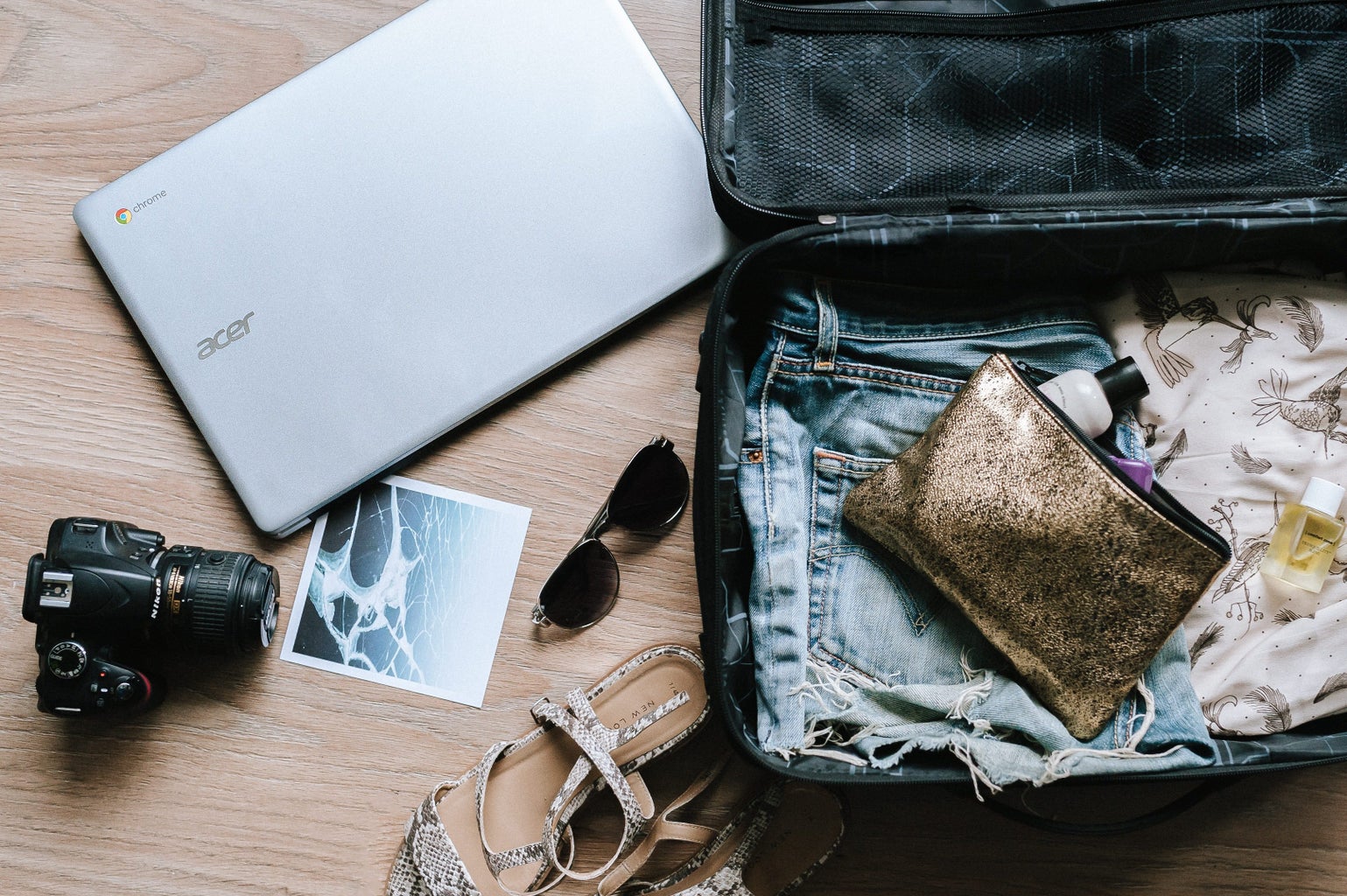Study abroad applications for the upcoming academic year are now available, and there are many great opportunities that arise from choosing to participate in a program that allows you to live and travel in a foreign country. Due to travel and health restrictions implemented because of the COVID-19 pandemic that caused the cancellation of many programs, prospectors may understandably be hesitant to apply. A lack of returning students in the pandemic’s wake may also make it difficult for students to reach out to alumni for support before and during their time abroad.
From someone who has returned to campus after completing a year-long program, here are ten tips that I, as well as my co-workers at UCSB’s EAP office, have for preparing yourself for living and traveling abroad.
1. Familiarize oneself with cultural norms, expectations, and behavior
It is of the utmost importance to research locations you will be traveling to beforehand. Living abroad fosters cultural awareness, but you must make the effort to inform yourself about the cultural norms, expectations, and behavior of the location(s) you will be living at. Upon arrival, being actively respectful of the cultural customs is vital in order to truly engage in the riches of new cultural experiences.
While you are abroad, be sure to observe the behavior of locals to help expedite your transition abroad. Be aware that the actions that you are engaging in can, at any time, be offensive or controversial, and it is imperative that you have the perceptiveness to realize and salvage the situation.
As a woman, learning about the dating culture abroad will not only act as a preventative measure for your safety, but acquaint you with expectations of how interactions usually occur and resolve. This is especially crucial if you plan on meeting others with romantic intentions during your travels.
2. Budget
If you are financially constrained, budgeting while traveling is essential for finding that balance between financial flexibility and saving. In countries where the currency is worth less than the dollar, it is easy to readily spend just because the price tag is cheaper than in the United States. Keeping track of your expenses while abroad especially if you will be staying for a long duration, will help you stretch your dollar.
Mint is a highly rated budgeting app that is free to use and available in both the Apple Store and Google Play. It is great for tracking your expenses post-spending with personalized, unlimited budgeting categories, and syncs with banking, investment, loan, and billing accounts. You can also view your credit score using Mint.
If you would like a more hands-on way of budgeting, using excel sheets is a classic option. If you are unsure of where to start, there are free excel templates available online to use or to inspire your own personalized budgeting sheets. If you are more versed in excel, you can even automate your budgeting so that it automatically calculates your expenses.
Applying to scholarships is also a great way to financially prepare yourself for going abroad. Studying abroad through a UCEAP program makes you eligible for UCSB and UC specific scholarships that increase with the duration of your stay. But even if you are traveling personally or for an internship, job, research, or volunteering, there are scholarships available online advertised specifically for supporting college students abroad.
3. Share your location & travel with trusted friends
Whether you are traveling solo or in a group, sharing your location with trusted family and friends will secure your safety during your adventures. Although the safety of an individual varies by locale, it is encouraged to take the extra precaution of monitoring your whereabouts.
The Life360 app is a free alternative for location sharing and tracking, allowing its users to create personalized, synced groups between friends and family. You can additionally register frequented places in the app to receive notifications for who has arrived at and departed from these locations.
Enrolling in the U.S government’s Smart Traveler Enrollment Program (STEP) will provide access to updated travel advisories and alerts from the U.S embassy if your safety and security may be compromised during your stay. Registering your travel plans with STEP will make it easier for the U.S embassy to contact and assist you during overseas emergencies, and if your loved ones cannot get in touch with you while abroad, they can also utilize STEP to contact you. You can enroll in STEP and find more information about the program on travel.state.gov.
4. Download maps and NAVIGATION APPS
Although Google Maps is an international staple for navigation due to its versatility and wide availability, some countries may have apps that are more popular with locals and better accuracy. In Korea for example, Naver maps and Kakao maps are popular alternatives to Google Maps, but may require some knowledge of Korean. Some international alternatives to Google Maps are Waze, Komoot, and HERE WeGo.
In the event that your data connection is not stable or even nonexistent, having maps of regions that you frequently travel around downloaded to your device for offline use is imperative. All the apps mentioned provide offline download options.
5. Learn the language
Although it may not be necessary to learn a new language while you are abroad, it can enhance your travel experience and navigation skills where English is not the native language. Taking the time to learn a new language requires great effort and intention, but the benefits of acquiring a new language are overwhelming. Being able to understand your surroundings and communicate with locals will not only enhance your experience abroad, but will increase your safety. Actively utilizing your language skills while abroad may foster high proficiency and even fluency that can later be employed in your career.
Duolingo is an iconic language-learning app that is free to use and offers a vast array of languages. Duolingo emphasizes repetition and association through text, images, and audio. Users can practice their reading, speaking, writing, and handwriting skills with the various features it offers. If you make an account, Duolingo also promotes consistent language learning through daily streaks, encouragement from friends on the app, and weekly leaderboards amongst other language learners.
Like Duolingo, Memrise is a language-learning app that is free to use with a multitude of languages available for learning. Memrise employs unique teaching strategies that involve audio-based association, and unlike Duolingo, changes up the translations provided for a deeper comprehension and as an opportunity to learn new words and phrases.
The professional language-learning program Rosetta Stone also offers an app specifically designed for travelers hoping to learn practical words and phrases for their excursion. This is a great option for learners looking to familiarize themselves with the basics for daily communication and emergencies.
Other honorable mentions with a price-tag are Babbel, Mondly, Speakly, Pimsleur, and Beelinguapp.
6. Must Haves
Ensuring that you are well-packed for your time abroad can be an anxiety-inducing process. Research on the feminine products and medications available in the location(s) of your travels in case they are not readily available.
For countries where tourists are easy targets for pick-pocketing, stash your belongings in a cross-body bag near your body and within your scope of vision. Cross-body bags are also generally great for easy personal access and hands-free exploration. If you will be living with others in a shared space such as an apartment or hostel, using a lock and key to ensure the protection of important documents is a necessity.
Obtaining a great phone plan should be a high priority in your packing list. Be sure to research the different phone carriers available during your travels, and consider the price, reliability, and stability. Acquiring a working sim card through online international services that can be activated after landing will allow for a smoother, stress-free arrival. Using a wifi box is a secondary option for travelers who prefer a one-time purchase that will act as a portable hotspot for all of your devices. It is also important keep a portable charger on your body whenever you leave the house to ensure lasting battery life.
7. Be adventurous
Lastly, be sure to take advantage of your time abroad! Moving to a different part of the world can be daunting, but once you have settled into your new home, make your travels worthwhile. Venture out of your comfort zone and try new activities and cuisines that you may have never even heard of before. If you feel comfortable with your language skills, journey outside of the big cities and into the countryside for authentic regional eats and local gems hidden from tourists. And if you have the flexibility, go on an excursion to a different country while you are abroad to do it all over again. Even if your travel plans do not go as planned, if you maintain an open mind and live in the moment, you will always emerge from the situation with a good story.




